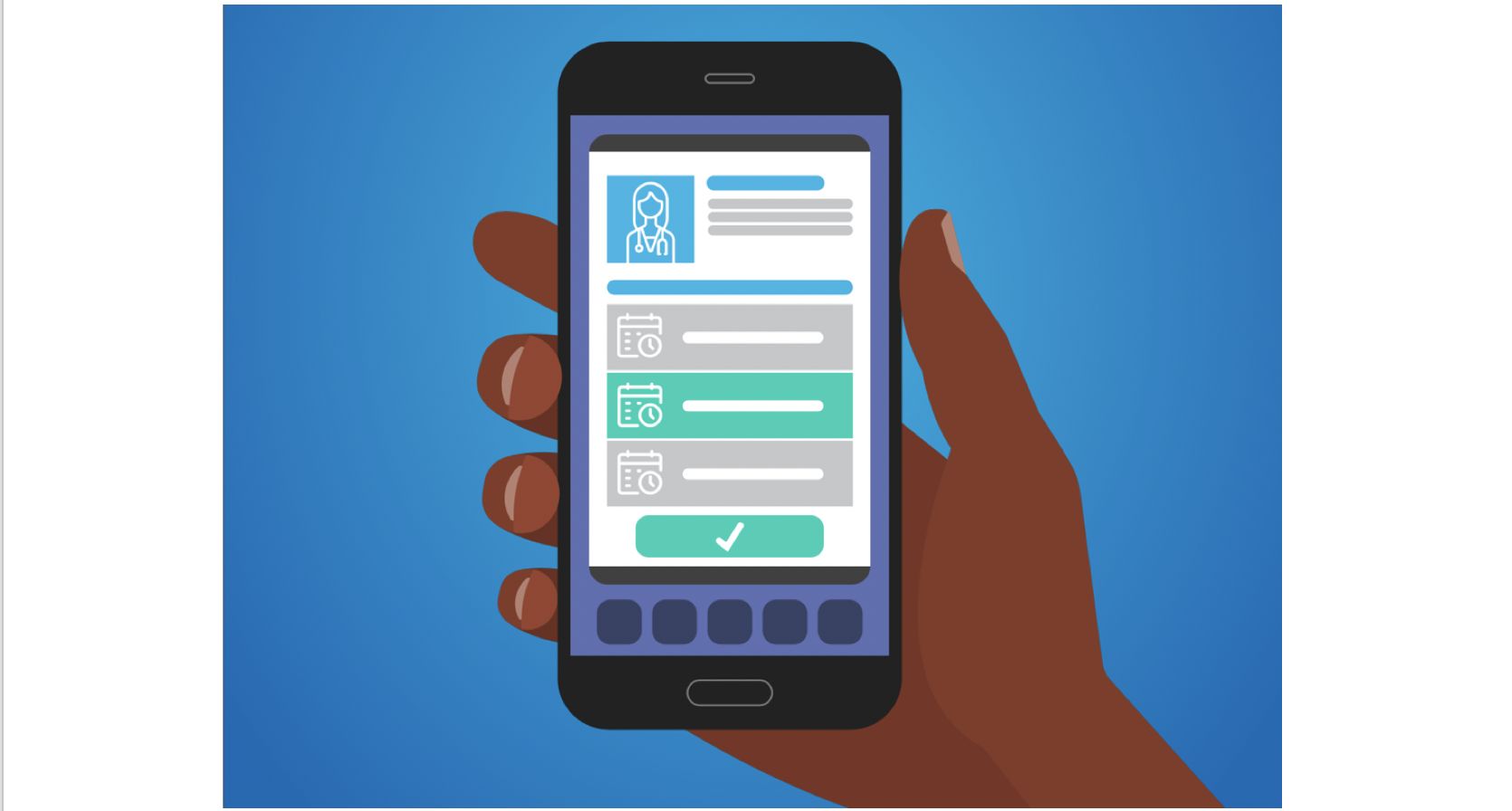Today’s consumer is accustomed to doing everything online—and its no shock that this preference carries over into how they find and book care, turning to digital channels more and more. A recent Kyruus survey showed that over 40% of consumers say they’d prefer to book their medical appointments online, half of whom would even switch providers for the ability to do so.
For those organizations that are ready to begin their journey to launch online scheduling, be sure to take into consideration these 5 key steps:
1. ESTABLISH A SINGLE SOURCE OF TRUTH FOR PROVIDER, SERVICE, AND LOCATION DATA
To help ensure that patients are booking appointments with the appropriate providers for their clinical needs you will need to first build out a single source of truth for your data that not only houses accurate, up to date information, but also includes elements that matter most to consumers when selecting care—such as clinical expertise, appointment availability, and insurances accepted.
Real-World Spotlight: Geisinger Health System understood the importance of getting their provider data in place before they could reap the benefits of online scheduling. After establishing a single source of truth and ongoing validation processes, they saw a 30% increase in their provider data accuracy.
2. ENGAGE CROSS-FUNCTIONAL STAKEHOLDERS ACROSS YOUR ORGANIZATION
Online scheduling touches many departments and stakeholders within an organization. Don’t wait until after you launch to gather feedback and opinions from these groups, involve them from the start. Doing so will set your project up for success by opening clear paths of communication and ensuring that everyone is working towards the same goals.
Real-World Spotlight: In order to meet their goal of enhancing the digital patient experience, Inspira Health aligned a cross functional team consisting of leaders from marketing, IT, clinical, and administration. Establishing this partnership early-on enabled them to successfully collaborate in order to meet and exceed their goals.
3. CREATE A STANDARDIZED, REPEATABLE LAUNCH PLAN
Set your organization up for success by taking a phased approach. Prepare to launch with a smaller subset of your providers to ensure a smooth roll-out and to analyze how things are going and gather learnings along the way. Once this is done, document what worked well and use that as your guide as you continue to expand your offerings.
Real-World Spotlight: Banner Health chose to launch online scheduling as part of a phased rollout—scaling within six months to eventually offer online scheduling for more than 300 primary care physicians resulting in over 4,000 online bookings. These results allowed them to make a case for further expansion within primary care as well as amongst specialists.
4. BROADEN BOOKING OPTIONS ACROSS SPECIALTIES, APPOINTMENT TYPES, AND SERVICES
After you’ve seen success with your initial launch of online scheduling, broaden your offerings to include additional specialties and services. Being able to showcase your success with certain providers will not only help to get others on board, but it will also serve as a great business case when trying to get funds allocated to the project if you have plans to further expand.
Real-World Spotlight: Northeast Georgia Health System went live with online appointment scheduling, initially for primary care, and later expanded to include both cardiology and preventive gynecology. In less than a year, they have been able to demonstrate ROI, which has in turn allowed them to develop plans to further expand their online scheduling to additional specialties as well as mammograms.
5. OPTIMIZE AND EXPAND UPON SELF-SERVICE CAPABILITIES
Recent research has shown that consumers now access a variety of sources when looking for care online. To ensure that you’re reaching the most consumers possible, consider extending your reach to a mobile app or other third party sites that are most frequented.
Real-World Spotlight: Legacy SCL Health (now Intermountain) is leveraging the ProviderMatch API to power provider search, match, and scheduling in their mobile app as well as a virtual assistant on the main Legacy SCL Health website, allowing them to extend the consumer friendly experience to additional channels.

